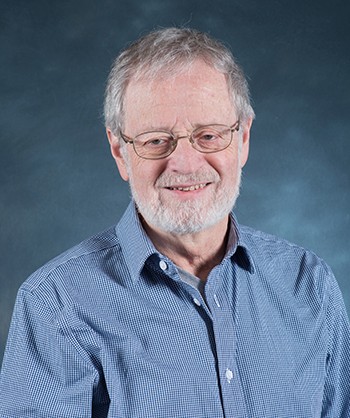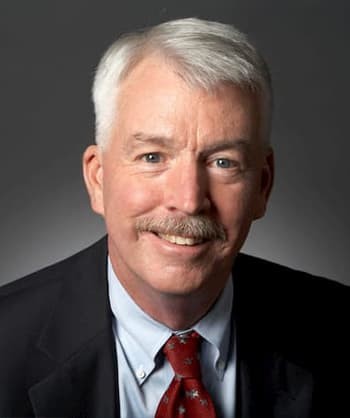Environmental Impact
Tracking seismic noise and human activity during the time of COVID-19

COVID-19 lockdowns are resulting in a reduction of background noise recorded at many seismic stations: We’re seeing quieter seismic stations around the world, including at BC campus and at Weston Observatory.
Tom Lecocq (of the Royal Observatory of Belgium) explains the story very well in the middle of this news report: https://www.today.com/video/how-the-earth-sounds-during-the-coronavirus-pandemic-82956358000
Read the full article in Science
doi: 10.1126/science.abd2438
Read More: BC News | Boston Globe |
Here are some of my findings:
Air pollution interventions: Global research report released by BC’s Schiller Institute and partners identifies top five actions to benefit health and climate

“Climate change and air pollution are major threats to human health and economic development that must be addressed. The COVID pandemic has raised the stakes considerably,” says report co-author and Professor of Biology Phil Landrigan, M.D., director of the Schiller Institute’s Global Observatory on Pollution and Health. “It is essential to understand the extent to which these issues can be tackled together. Policymakers can use this report to prioritize investments that are the most effective in generating co-benefits across health and climate.” —from BC News
Syllabus: #Shop-Apocalypse: Consumer Culture’s Past and the Fate of the Planet


Course Description: Although we are increasingly aware that our habits of consumption affect the environment, it is hard to imagine that consuming patterns are capable of being changed. In this class, students will learn that practices of consumption are both socially and historically constructed, that they change dramatically over time, and that there are (and always have been) urgent moral issues connected to practices of consumption. We will explore the global, social, and environmental dimensions of consumption, studying things like the 1897 Sears catalog, 1950s television shows, Canada Goose jackets, DIY manuals and makerspaces, and hippy cookbooks of the 1960s.
History 1710 / Sociology 1714
[embeddoc url=”http://sites.bc.edu/responding-to-covid-19/wp-content/uploads/sites/50/2020/07/Syllabus-ShopApocalypse-Post-Covid-19-Juliet-Schor.pdf” download=”all” viewer=”google” ]Editorial | COVID-19 and Clean Air: An Opportunity for Revolutionary Change

The COVID-19 pandemic has caused more than 9 million infections and a half million deaths. It has caused disease in every country. Like all pandemics, it has laid bare and exploited social inequalities and
caused disproportionate damage to the poor and the weak, minorities and the marginalized.